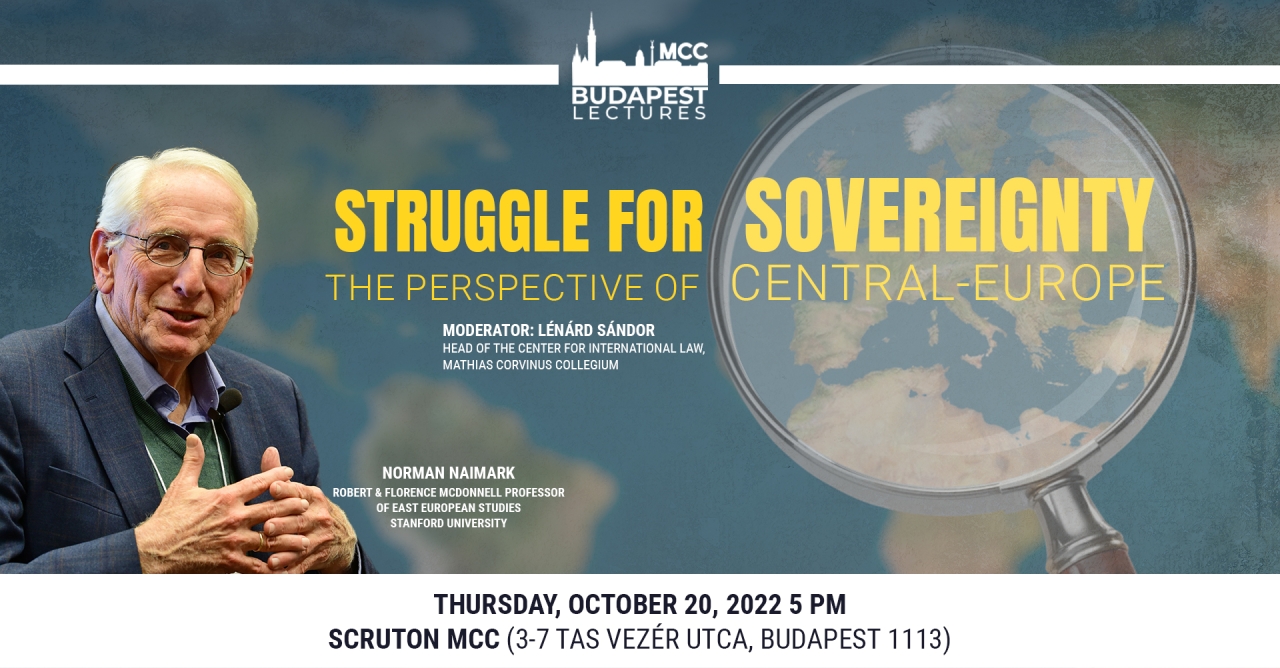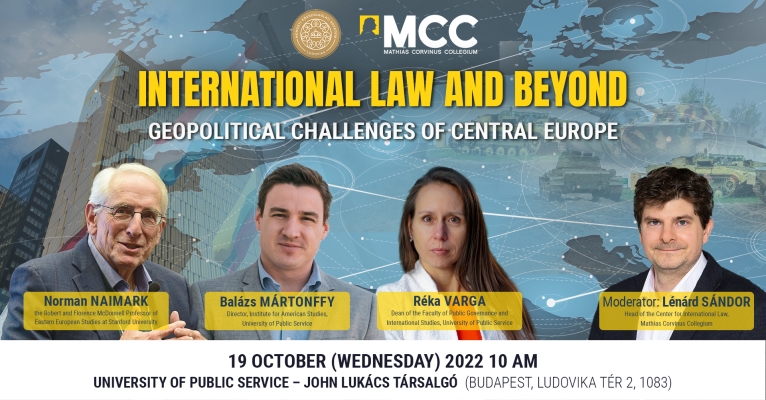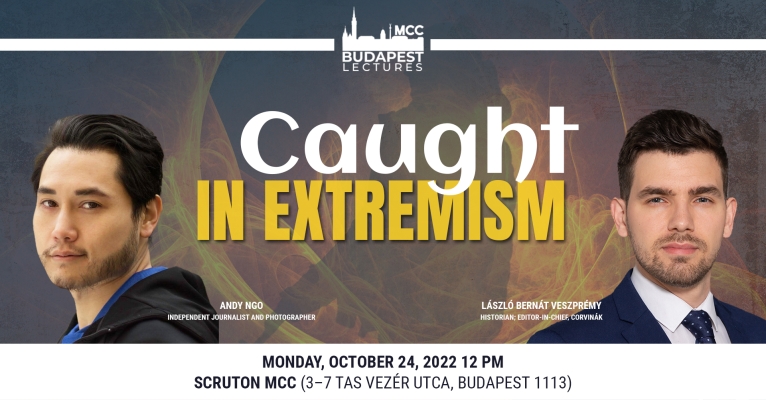Due to their geopolitical location, countries in Central Europe have always had to fight for their sovereignty and independence. Surrounded by superpowers instead of oceans, they have always been exposed either to the hegemonic ambitions of foreign powers or to the imperialistic impositions of particular foreign ideological preferences. Thus, self-determination has always been fought for. Even though this was a constant characteristic of this region, the history of the twentieth century has especially accentuated these challenges. The two World Wars led to cataclysmic shifts in these countries and the spread of communism manifested itself in both military occupation and ideological oppression cutting the region off from its traditions and unique way of life. As the domination of the Cold War ended, the Central European region managed to recover and now proves more resistant in defending the European heritage and way of life than other European countries. However, the collapse of the Soviet Union did not end history, nor did globalization make geography irrelevant. Liberal internationalism could not protect the civilizational heritage and rights, while the “spheres of influence” is still considered a legitimate geopolitical model. How can peace and prosperity be secured among such challenges? What are the roles of national identity in this region? How can Europe ensure its own security? This Budapest Lecture aims to discuss these and similar crucially important and timely questions in light of the challenges the Central-European countries are now facing with Norman Naimark, the Robert and Florence McDonnell Professor of Eastern European Studies at Stanford University. The moderator of the event will be Lénárd Sándor, Head of Center for International of the Mathias Corvinus Collegium.
Norman Naimark is the Robert and Florence McDonnell Chair in East European History at Stanford University. He is also Senior Fellow of the Hoover Institution and of the Freeman-Spogli Institute of International Studies. He has served as Director of Stanford’s Center for Russian and East European Studies (1989-95), Chair of its History Department (1995-1998), member of the Faculty Senate and its Steering Committee (2001-4), Director of Stanford’s interdisciplinary programs in International Relations and International Policy Studies, Burke Family Director of the Bing Overseas Studies Program, and Fisher Family Director of Stanford Global Studies.
Lénárd Sándor has served as a chief counsel at the Constitutional Court of Hungary and as a legal advisor at the European Parliament in Brussels where his focus was on constitutional affairs of the European integration. He has previously taught various fields of international public law at Pázmány Péter Catholic University. He defended his doctoral thesis at Pázmány Péter Catholic University and his research area involves especially the international legal dilemmas of economic globalization and the question of public interest regulation. He regularly publishes in scientific journals as well as in weekly newspapers; author and editor of several books on international and constitutional law.
Registration: https://feliratkozas.mcc.hu/hu/registration-struggle-for-sovereignity
We welcome all those interested!


